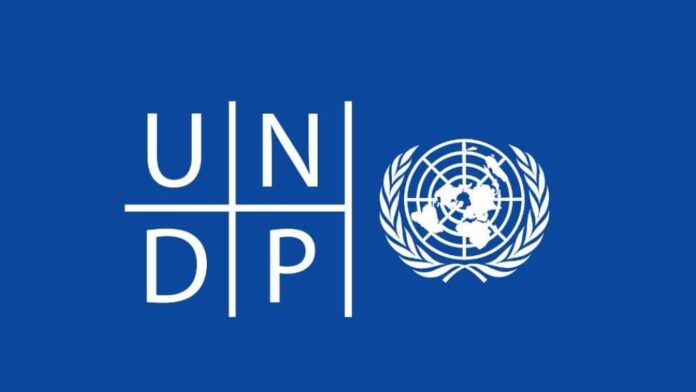The United Nations Development Program (UNDP) says it has empowered no fewer than 800 persons through Small and Medium Enterprises SMEs) and cooperative societies in Benue.
The UNDP, which made this known in a report released on Thursday, on its verified official Twitter handle, said beneficiaries were trained on various business plans and monetary management in Nigeria.
According to the report, the training helped the beneficiaries to create an effective strategy to scale up community-based businesses and ensure effective utilization of start-up grants.
It explained that empowering members of communities affected by conflicts does not only break the cycle of poverty but builds thriving livelihoods that would be sustainable and self-sufficient.
The report said that aiding individuals in select communities would empower them to make decisions that sustain their households through newly acquired skills, which yielded great benefits for individuals and society at large.
One of the beneficiaries, Mrs Patience Nenge, a 45-year-old fish seller, who lives in Tombu, a farming community in Mbaya village with her family, appreciated the UNDP for the gesture.
She said, “We were forced to leave our village due to the farmer-herders crisis.
“The herders came one day and destroyed our village. They burnt down our houses and killed a lot of people. Luckily, some of us were able to escape.
“When we moved to Mbaya, life was difficult for us. We did not have enough money.
“Thanks to my business, I have been able to pay my children’s school fees.
“My business has allowed me to care for my family, ever since my husband developed heart problems and was unable to work any more.”
The report further explained that Nenge was among those selected when the entrepreneurial skills training organized by the UNDP started.
It said that through the training and cash grant that she received, Nenge was able to invest in her business and open a shop.
Another beneficiary, Ngudoon Anjenka, a fertilizer seller, narrated that the training helped her learn cash management skills and create a savings culture.
For her, this change of mindset has been crucial in the development of sound monetary management.
“I no longer use my capital to solve my problems. I use the profit I make from my sales to take care of my family,” she said.
Anjenka according to the report, became the breadwinner of her family after her husband passed away in 2018.
The report said that Anjenka used the knowledge and cash grant which she received from the programme, to expand her business while supporting her four children and extended family.
The report also recalled that Nigeria’s Middlebelt and Northeast geopolitical zones had been experiencing farmer-herders conflicts frequently in the last decade.
It added that the conflicts had culminated in growing insecurity, which forced millions of people to live in Internally Displaced Persons’ (IDP) camps across different states in the zones.




